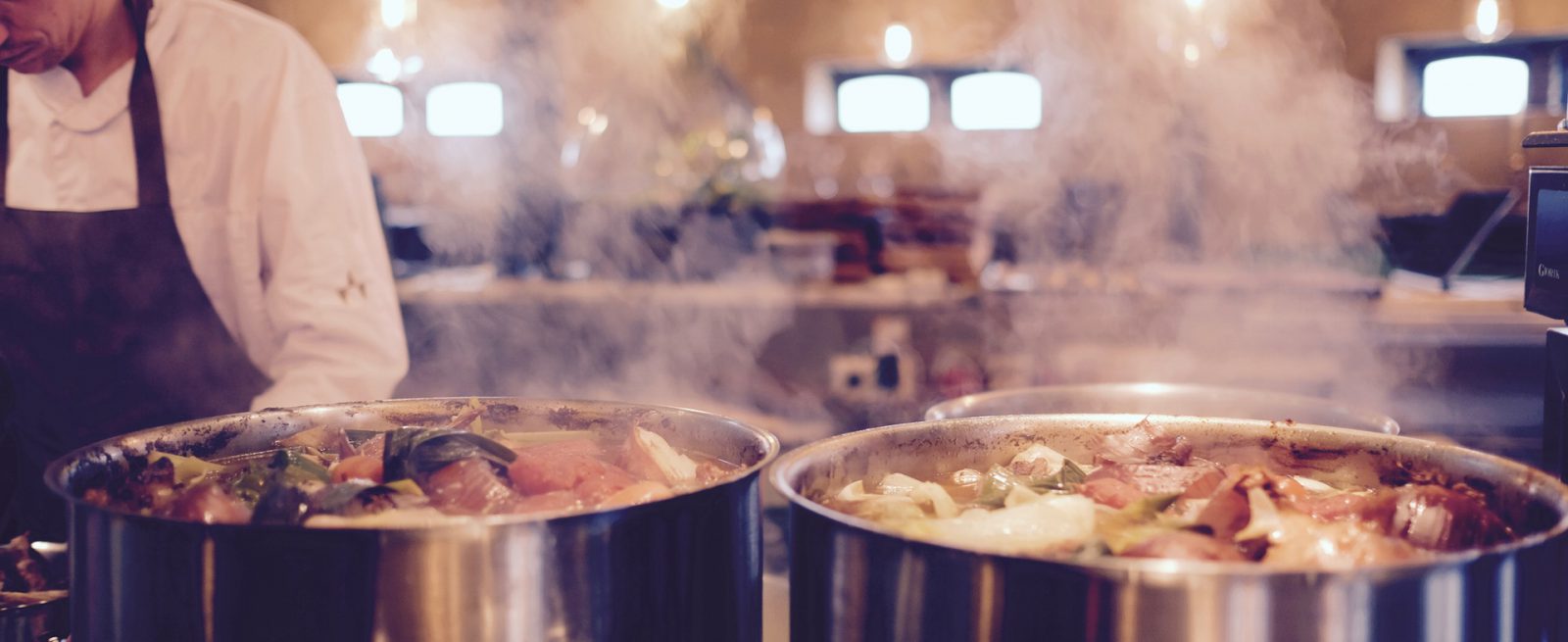Why You Can’t Afford To Neglect Food Safety
3 Min Read By Jordan Anderson
No restaurant or business intends for a foodborne illness to happen. Major food distributors and small businesses alike cringe when they hear they’re products are responsible for an outbreak.
No restaurant or business intends for a foodborne illness to happen. Major food distributors and small businesses alike cringe when they hear they’re products are responsible for an outbreak. Outbreaks also cause significant damage to the bottom-line. Here’s why:
Media Attention
Due to the reach of media today, notice of foodborne outbreaks have become prevalent. If you are in the business of handling food as a restaurant owner, grocer, farmer, distributor, or seller; the guaranteed media attention is enough to care about food safety in order to avoid bad publicity that will cause irreparable harm to your reputation. Repairing your brand image is a lengthy process that can take away from other aspects of your business, while allowing prospects to choose competitors over your brand.
Federal Government
Social pressure aside, the government has given food-related businesses a new reason to remain vigilant. In 2011, President Obama signed into U.S. law the Food Safety Modernization Act (FSMA) that enables the FDA to hold businesses accountable for their actions regarding food safety. A major part of this plan is instituting the set of procedures known as Hazard Analysis and Critical Control Points, or HACCP.
Businesses are now legally obligated to follow HACCP guidelines which evaluate hazards, identify control points where failures could occur, and implement preventative measures. They are also responsible for maintaining two years of records to verify they have complied with this new protocol. If they fail to meet these new standards, they may face criminal and financial consequences.
Millions of Dollars Are at Stake
If pressure from the media or federal government isn’t enough to make you check your expiration dates, this will—the Grocery Manufacturers Association surveyed three dozen international companies in 2011 and more than half reported being impacted by a food recall during the previous five years.
Of this contingent, 18 percent lost between $30-$90 million because of the recall and lost sales, and an additional 5 percent said the financial impact was $100 million or more. These numbers don’t take into account the overall damage to their brand and missed future earnings, as well as any lost revenue due to lawsuits and fines.
What You Can Do to Improve Food Safety Protocol
Brands must take action to ensure they are not responsible for the next foodborne illness outbreak featured far-reaching media channels. The following tips can help you establish a food safety protocol for your business:
Establish Ground Rules: There are simple step-by-step checklists such as this one provided by the FDA on how to properly handle food. Following these guidelines is a good first step in establishing a food safety protocol for your business.
Understand How Temperature Affects Your Food: A major reason why foodborne illnesses occur is because the temperature in which the food is prepared, transported, or stored isn’t properly regulated. If temperatures become too hot or cold, food safety and quality can be compromised. It is important your employees understand the effect temperature has on the food they are preparing to sell. They should be trained to check the temperature of both hot and cold food regularly to ensure it is safe for consumption. This information will also be needed for reporting purposes.
Invest in Food Safety Technology: For food-related businesses ready to evolve, there are new devices available to manage inventory and data; they are equipped with microprocessors that can capture, store, and share information in the cloud for easy, immediate access.
Devices like these can come preloaded with HACCP checklists and alert management of missing checklists, non-observed items, violations, and more. They make it easy to store and maintain the two-years’ worth of information that HACCP requires, and the ability to search and manipulate information for reporting purposes is much more convenient than searching traditional paper-based logs and digging deep in filing cabinets.
Restaurants and food-related businesses must make food safety a priority to be successful. Simple preventive measures, including upgraded food safety technology, will keep customers safe and ultimately protect your brand’s image and bottom line.


